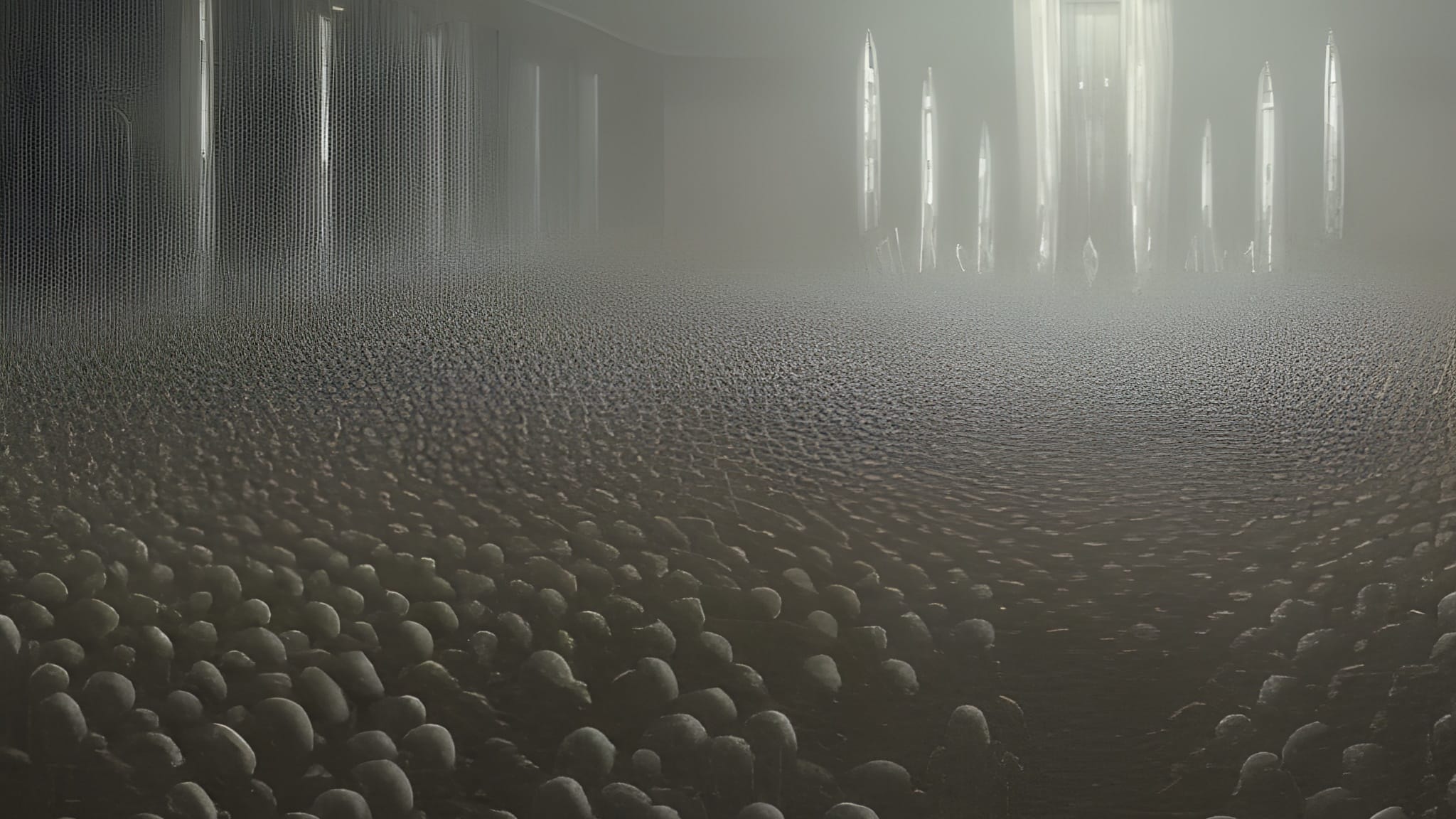
In 2022, David Krett, a founder and owner of w2d cloud, was a Core Contributor to Maker Dao’s Collateral Engineering Services (CES) Core Unit. The DAO (decentralized autonomous organization) mandated this Core Unit to onboard new collateral vaults for Crypto Native and Real World Assets into the Maker DeFi protocol.
As a Core Contributor, primary tasks and responsibilities included:
-
completing technical risk assessments of collateral to be on-boarded, including protocol governance and token smart contracts
-
developing “spell” code, architectural implementations and smart contract modules for proposed transactions reflecting the required vault behaviors and payment flows
-
innovating on the Protocol’s real-world asset toolkit to facilitate the scalability and onboarding of real-world asset transactions
Contributing to a DAO significantly differs from working for a typical enterprise or institution. Specifically, the Contributions from contributors are generally used as critical information for governance token holders to make decisions about the Protocols’ vaults and whether to establish new vaults or adjust specific collateral vault parameters. In addition, real-world deals are further complicated because a DAO is not a recognized legal entity in most jurisdictions. Making it challenging to develop relationships with service providers, that may be regulated and are require to complete KYC on their clients.
During my tenure as a contributor, the CES team onboarded over USD$750 million in assets/collateral.
Attached are links and a summary to some of the work I completed during my tenure as a core unit contributor at MakerDao.
| Contribution | Notes |
|---|---|
| Collateral On-Boarding and Management of RWAs - Lessons Learned/Recommendations | A detailed overview of some of the challenges of integrating real-world assets into the MakerDao protocol - primarily due to design constraints related to Maker’s vault smart contracts. Short and medium-term recommendations are made as to how the DAO might address these deficiencies |
| Investment Assessment - Add Multiple Blocktower Credit Vault Types | while not the mandate of the Collateral Engineering Services unit to complete investment assessments - I published this assessment to highlight significant issues related to the pricing, risk and liquidity of this facility. In effect, by using industry-accepted finance principles to assess this investment, the conclusion reached is that the incremental technical and legal risks make this a poor use of “capital” by the Maker Protocol. |
| [Compound D3M] Compound Protocol & cDAI ERC20 Token CES Domain Team Assessment | Automated investment in Compound Protocol using Maker’s D3M Module To target investment amounts based on a targeted parameter. As this is an automated investment - I point out that monitoring is required to ensure that Maker is not exposed to incremental risk due to Compound Governance votes. |
| [Maple] Protocol & ERC20 Token Assessment - D3M Signal Request | Automated investment in Maple Finance protocol - raises many interesting issues including how to handle under-collateralized lending and other risks related to owning LP tokens in the Maple protocol. While this assessment concluded that the technical risk to Maker is high - many of the identified risks were reviewed with the Maple team and will likely be addressed in version two of the protocol. |
| [RWA009] HVBank/MIP21 Token CES Domain Team Assessment | Largest DeFi investment into real-world assets - raises many interesting issues related to integration with MakerDao’s vaults - including how to handle counterparty risks, interest income generated, and collateral management - has the potential to become scalable - however limited by collateral liquidity. To facilitate this transaction, a new component called the RwaJar was created (and an associated background keeper job) to address some protocol deficiencies concerning paying income back to the protocol. |
| [RWA0XX] MIP81 Coinbase USDC Institutional Awards – Interim CES Domain Team Assessment | This was an exciting proposal and caused a lot of controversy within the community regarding counterparty and custodial risks that the Maker Protocol should assume. CES proposed and started to develop with Coinbase a smart contract solution as an alternative to the traditional custodial arrangement. The assessment compares these two alternative approaches to the transaction architecture and points out the decisions the community needs to make to move this proposal forward. |
| GUSD Institutional Rewards Technical Solution/Risk Assessment and Deployment Details - For Receiving Payments of Rewards | An architectural implementation to allow Gemini to pay “rewards” to Maker based on Maker’s holdings of GUSD - published this and also deployed the contracts for implementation |
Currently, the Core Unit structure of MakerDao is being significantly modified to implement the “Endgame Plan”. As a result of this plan implementation - many of the key core units of MakerDao (including Collateral Engineering Services) will be discontinued. However, w2d is currently active in exploring other ways to contribute to the DAO in the context of the endgame plan.